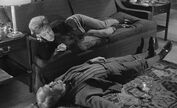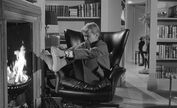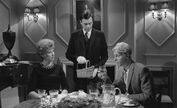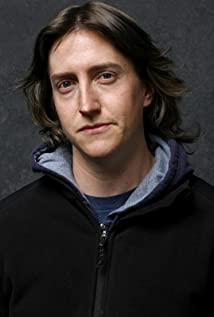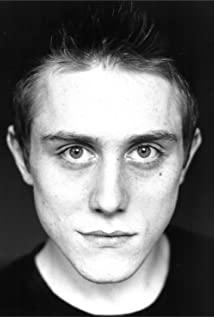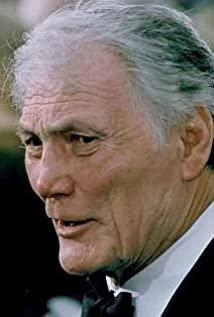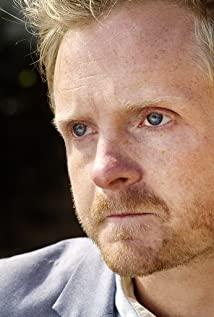-
Alan 2022-01-20 08:01:41
Master and Slave in "Phenomenology of Spirit"
The master and the servant, in Hegelian writing, are a dialectical relationship of mutual transfer. In the process of giving orders, the master divided the real power to associate and operate with the possessions to the slaves/servants. In this process, the master's "self-reliance" dissolves on its...

Dirk Bogarde
-
Marianna 2022-03-19 09:01:08
The absurd drama, the last half an hour did not feel as good as the previous one, the decadence of spiritual attachment routs, reminded me of Gu Kedo's drama, terrible children. The photography and setting are excellent.
-
Braeden 2022-03-26 09:01:12
The film's success first benefited from the excellent screenplay by Nobel Prize winner Harold Pinter. The film unfolds in a closed space, Tony's house, and tells the process of reversing the positions between the master Tony and the servant Barret. The complex characters and subtle interpersonal relationships make the film "see the truth in the smallest details", which has diluted the plot, and is full of tension everywhere. The apparent master in the film is Tony and the servant is Barrett. But over time, Barret becomes the real master and Tony becomes the servant.
Related articles
-
[first lines]
Hugo Barrett: Excuse me, sir. My name is Barrett, sir.
Tony: Oh God, of course. I'm so sorry. I fell asleep. We've got an appointment.
Hugo Barrett: Yes, sir.
Tony: What time?
Hugo Barrett: 3'o clock, sir.
Tony: And what time is now?
Hugo Barrett: 3'o clock, sir.
Tony: Uh, it was too many beers at lunch, that's what it is. Do you drink beer?
Hugo Barrett: No. No, I don't sir.
Tony: Well, come upstairs. We can sit down. I'm just back from Africa, I'm quite liking it. What do you think of the house?
Hugo Barrett: It's so nice, sir.
Tony: Needs a lot to be done with, of course.
-
Tony: By the way I've got to tell you. I've found a male servant.
Susan: [laughing] A what?



